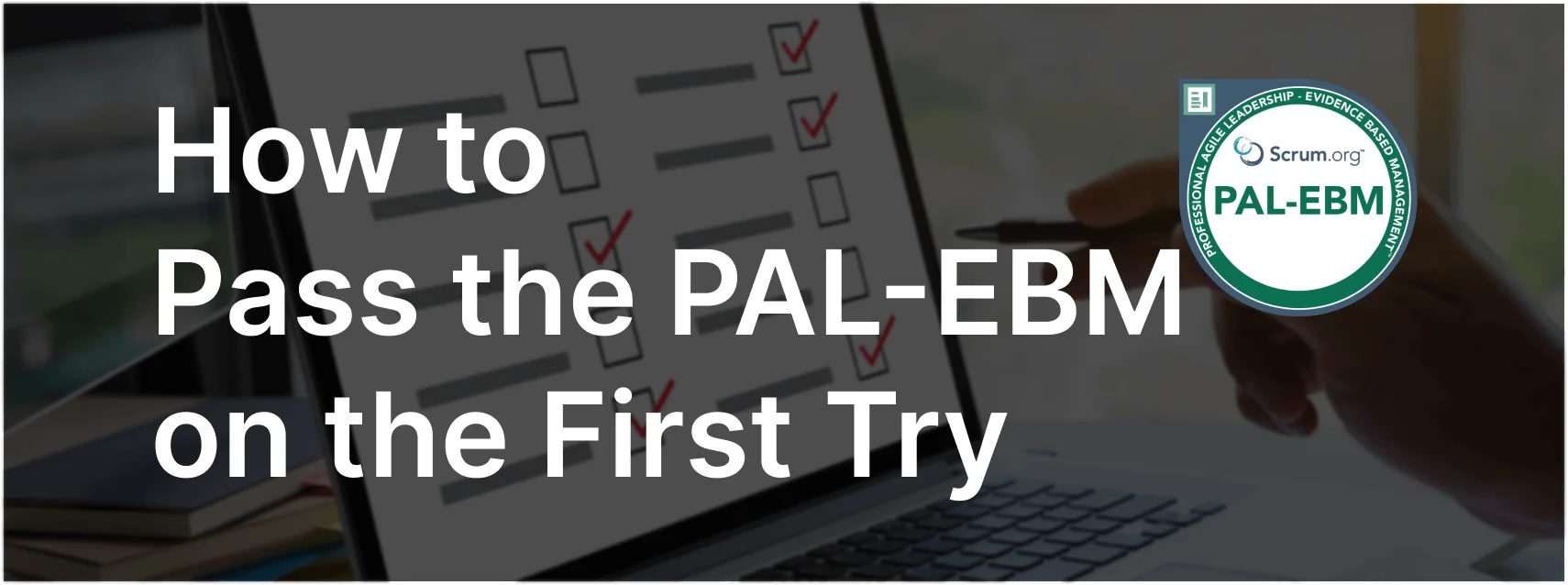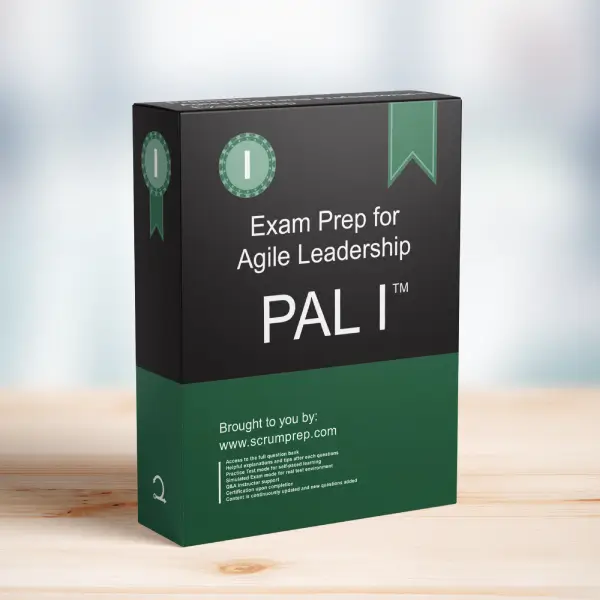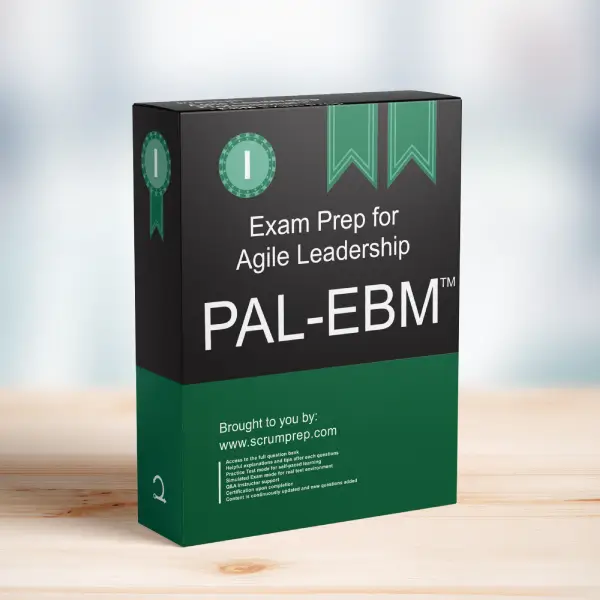The Need for an Empirical Approach
Understanding when an empirical approach is necessary can help organizations effectively tackle complex problems and make informed decisions.
Exam Question
Under what circumstances does an organization need an empirical approach to solving a problem?
(choose the best answer)
A. When the market is changing rapidly.
B. When working with new and unproven technology.
C. When business risk is high.
D. When technical risk is high.
E. All of the above.
Correct Answer
E. All of the above.
Explanation
Correct Answer
E. All of the above:
An empirical approach is essential in various situations where uncertainty and risk are high. This approach involves making decisions based on observation, experimentation, and evidence rather than relying on preconceived notions or theoretical predictions. It is particularly useful when:
- The market is changing rapidly: In fast-paced markets, assumptions can quickly become outdated. Continuous observation and adaptation are necessary to stay relevant.
- Working with new and unproven technology: New technologies come with uncertainties that can be best addressed through experimentation and learning from actual usage.
- Business risk is high: High-risk business environments require careful validation of strategies and actions to mitigate potential losses.
- Technical risk is high: Complex technical challenges necessitate an iterative process of testing and validation to ensure successful outcomes.
Why the Other Options Are Less Comprehensive
A. When the market is changing rapidly:
While a rapidly changing market is a significant reason for adopting an empirical approach, it is not the only scenario that necessitates this method.
B. When working with new and unproven technology:
New technology requires empirical methods for validation and learning, but this is just one aspect of when empirical approaches are needed.
C. When business risk is high:
High business risk warrants empirical approaches to validate decisions and minimize potential negative impacts, but it is not the sole reason.
D. When technical risk is high:
Technical risks require iterative testing and learning, but again, this is just one scenario among many that benefit from empirical methods.
Benefits of an Empirical Approach
- Informed Decision-Making: Decisions are based on actual data and evidence rather than assumptions.
- Adaptability: Organizations can quickly adapt to changes and new information.
- Risk Mitigation: Continuous validation helps in identifying and mitigating risks early.
- Innovation: Encourages experimentation and innovation by testing new ideas and approaches.
EBM Framework Insights
- Current Value (CV): Empirical methods help measure and improve the current value delivered to customers.
- Unrealized Value (UV): Identifying gaps and opportunities through empirical data can unlock future value.
- Ability to Innovate (A2I): An empirical approach fosters a culture of innovation by encouraging testing and learning.
- Time to Market (T2M): Empirical processes can speed up time to market by reducing the time spent on unvalidated assumptions.
Relevance to the PAL-EBM Exam
Understanding when and why to use an empirical approach is crucial for the PAL-EBM exam. This knowledge demonstrates the ability to apply evidence-based management principles to navigate uncertainty and drive continuous improvement.
Key Takeaways
- An empirical approach is necessary when dealing with rapid market changes, new technologies, high business risks, and technical uncertainties.
- It supports informed decision-making, adaptability, risk mitigation, and innovation.
- Empirical methods align with the EBM framework by improving current value, unlocking future value, fostering innovation, and reducing time to market.
Conclusion
Adopting an empirical approach is essential in various high-risk and uncertain scenarios to make informed decisions and drive continuous improvement. For more information on preparing for the PAL-EBM exam, visit our Professional Agile Leadership PAL-EBM™ Exam Prep.





